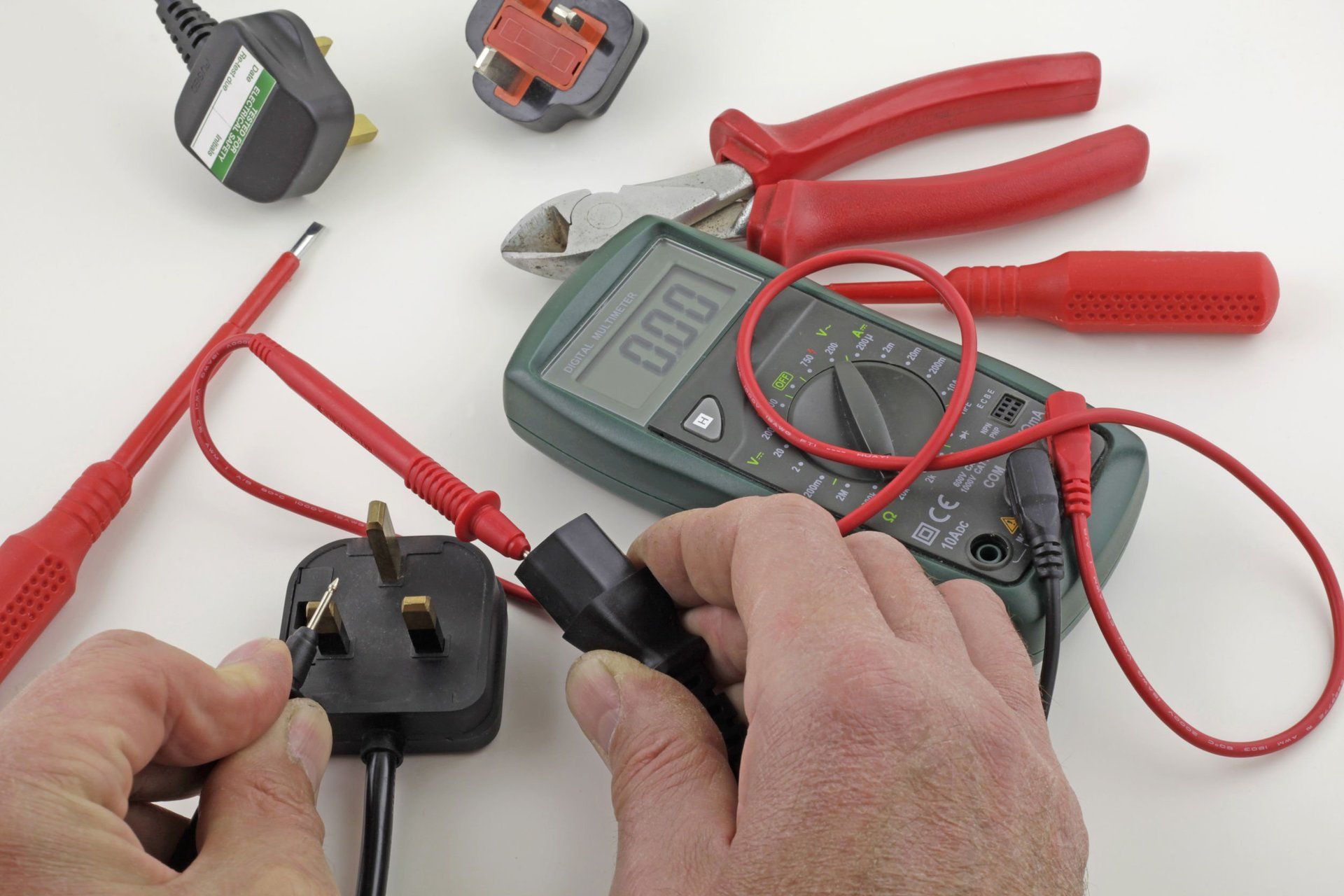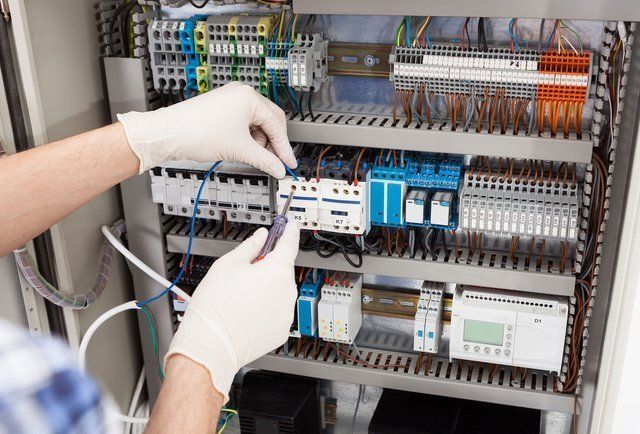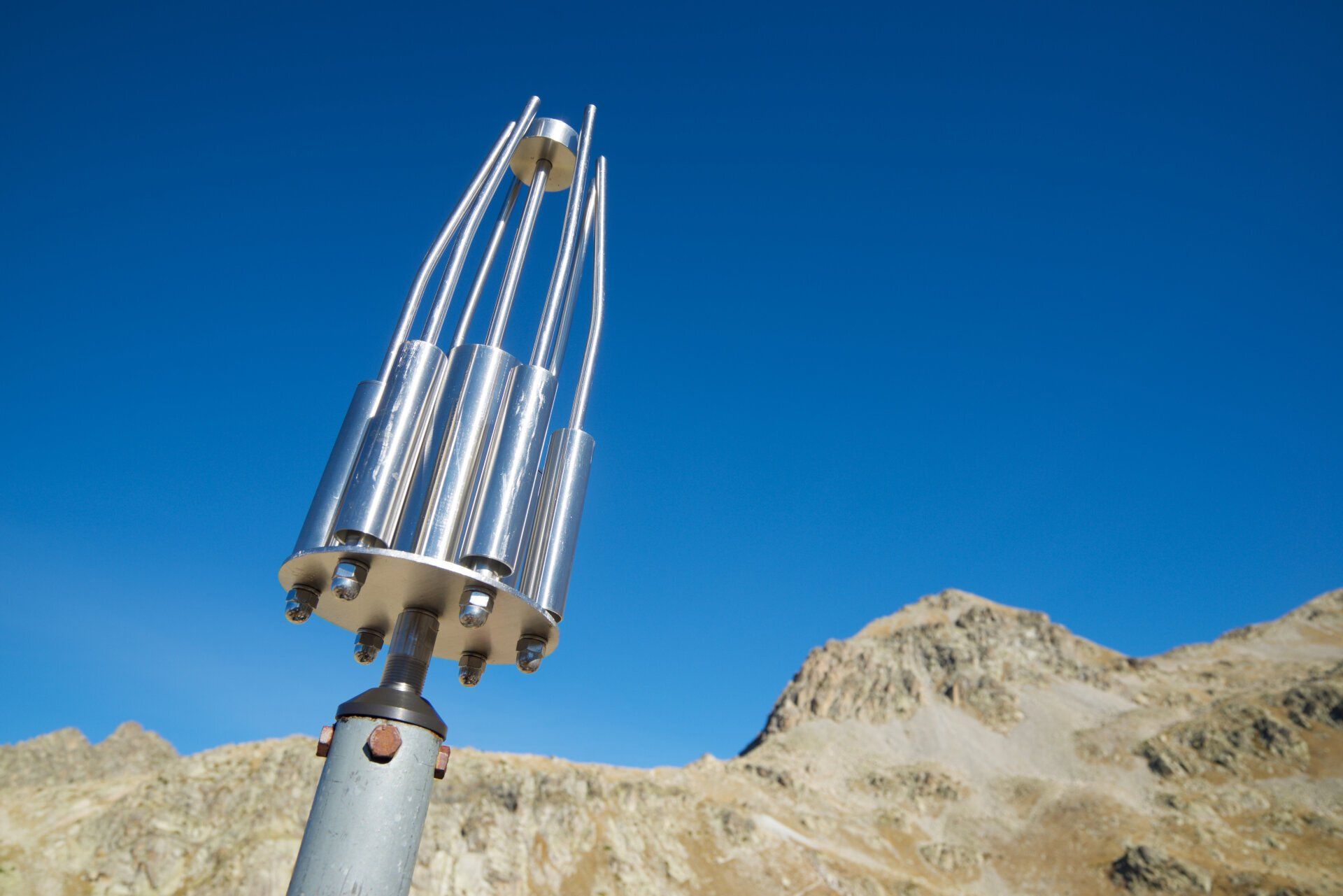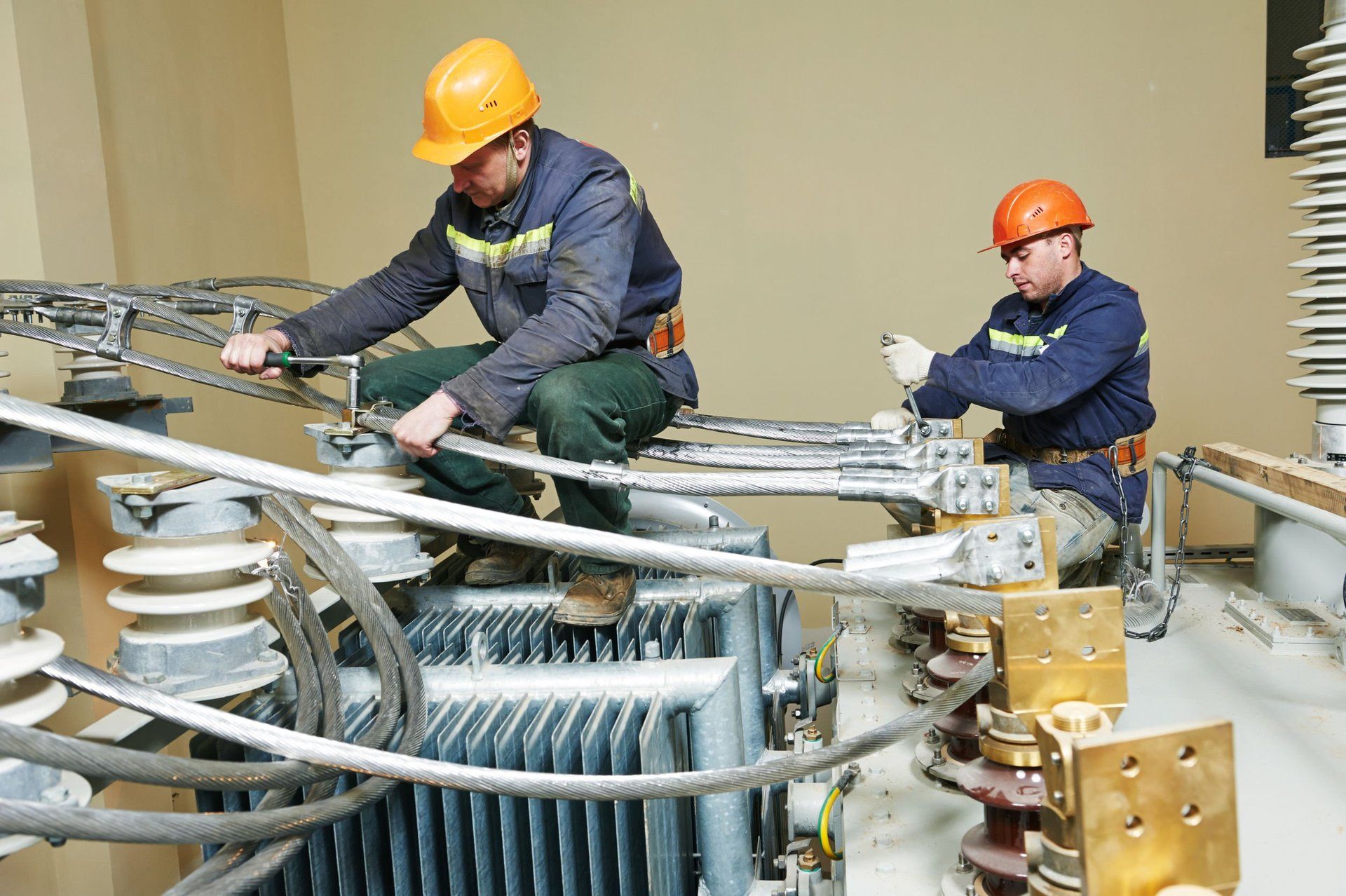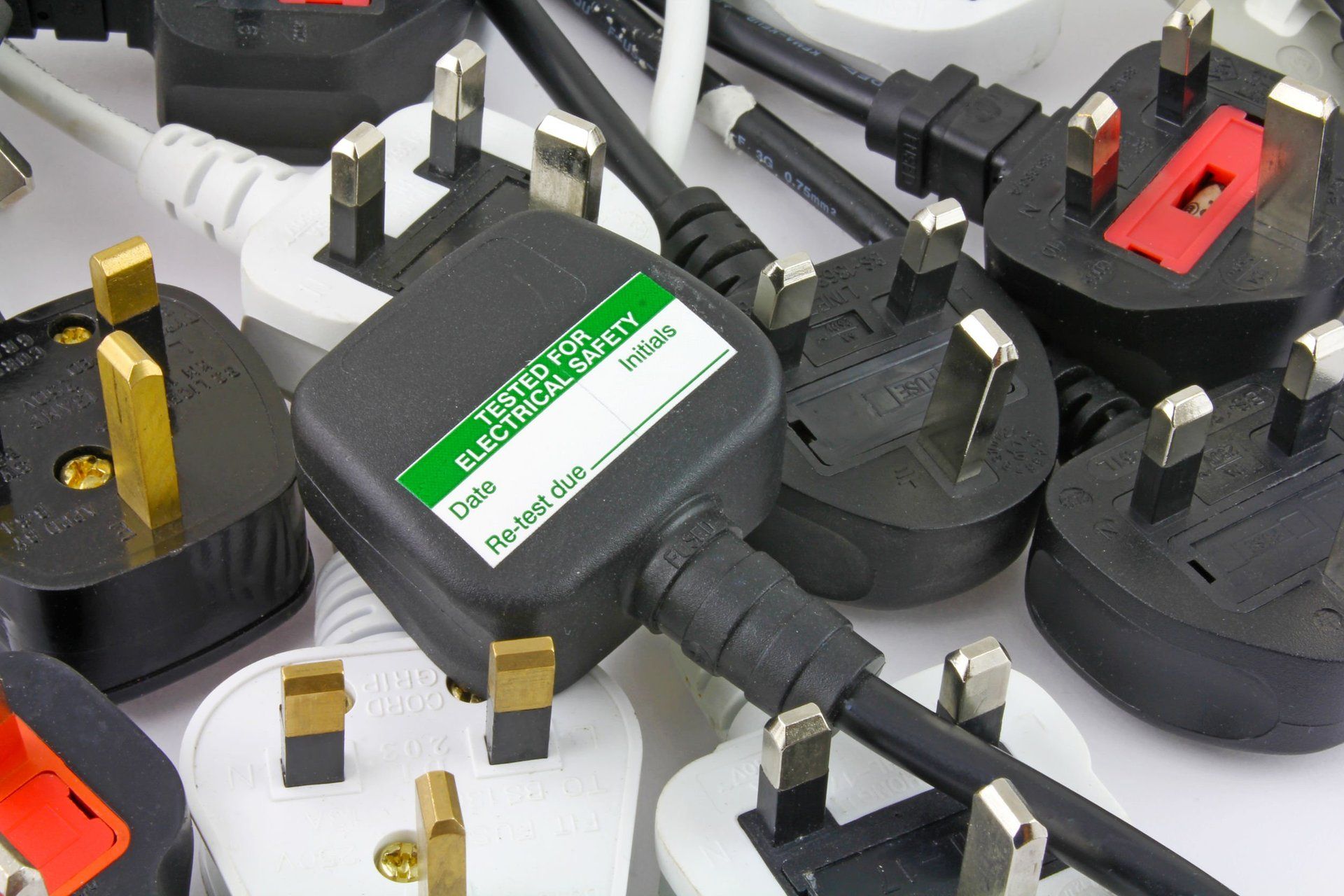What is pat Testing
Pat Testing FAQ's
What is Involved?
What is PAT testing? This is a policy in the UK in which routine safety checks are performed on electrical appliances the correct terminology is portable appliance testing.
Essentially, this is a common sense safety regulation to ensure that any people, workers, or tenants who might come into contact with portable appliances are not at risk of injury.
Rules
The rules are relatively straightforward as detailed in the 1989 Electricity at Work Regulations, that: “All [electrical] systems shall at all times be of such construction as to prevent, so far as reasonably practical, such danger.” Thus, it only makes sense to have any organisation perform testing on appliances on a consistent basis.
For all types of organisations, from a small office to a large corporation an outside testing company is the best course of action, because a competent and certified professional will best be able to observe the appliances and look for an obvious signs of wear.
What is the Law?
Although the law does not specifically state how often portable appliance testing should be performed, it is reasonable to at least do an observational check yearly. This will include checking and testing for frayed wires, the casing around the appliance appearing to be damaged or coming undone, as well as plugs that appear to be cracked or damaged. From there the engineer will be able to recommend the next course of action, repair the appliance if possible, or provide guidance on the next steps for the ensuring all appliances are safe.
Should you be qualified to carry out this test?
A qualified portable appliance specialist will be able to perform tests and checks on a variety of appliances using testers that will be able to show if the appliance has passed or failed testing including earth continuity, lead polarity, and insulation resistance, among others for more advanced testers.
This is a relatively quick and easy process, generally showing if the appliance passed or failed and it should not take very long to determine how safe your portable appliances are. Once each appliance completes the test, they will be labelled with a safety sticker with a barcode for ease of tracking in the future.
Regulations
Conforming to regulations will help you to ensure that the portable appliances in your business are safe and help you to avoid violations. This legislation was put into effect to ensure that all companies conform to the Health and Safety at Work Act of 1974, Electricity at Work Regulations of 1989, Provision and Use of Work Equipment regulations of 1998 and the Management of Health and Safety at Work regulations of 1999.
The current law requires that all employers maintain portable appliances and ensure their safety. This is done through testing of the appliances to safeguard against damage and to make certain that these items perform properly.
The law requires that all landlords, employers and even self-employed individuals make sure that their portable electrical appliances are safe and are suitable and used for the purposes intended. These appliances should always be maintained properly and remain in good working order.
The guidelines are designed to make certain that this equipment is kept protected and is preserved through regular maintenance as well as inspections and periodic testing. Damage and fault can occur with all electrical equipment use which makes it essential that these items are tested regularly for safety.
As a student, tenant, contractor or member of staff, you need to be aware of what to do in relation to portable equipment you are responsible for.
Portable Appliance Testing covers everyday items such as kettles, computer hardware and extension leads, as well as equipment used in laboratories, theatres and catering and hospitality establishments.
New paragraph
Items not considered a portable or movable appliance
- fixed 'built-in' white goods, such as fridges or freezers (these are covered under the appropriate cycle for fixed installation testing)
- charging equipment for battery operated equipment, such as mobile phones or iPads, which have a transformer or USB port as part of the plug. However, if there is a mains lead between the plug and transformer, the mains lead would be considered portable electrical equipment
- USB operated equipment, such as a mobile phone charger, or that which is powered by connection to a computer USB port, such as mobile phones used as hard drives, or small fans
- electrical equipment which is wired into the mains supply but is not designed to be moved or which is part of a fixed installation, ie the equipment remains in the place where it is installed. Examples include water boilers, wall-mounted hand dryers and fixed water dispensers. This type of equipment should be dealt with in accordance with the maintenance cycle for fixed installations
New paragraph
Definition of portable or movable appliances
A portable or movable appliance is any electrical equipment that is capable of being moved whilst either connected or disconnected from an electrical supply. In general it will have a lead (cable) and a plug, but includes fixed equipment that is connected via fused connection. It includes:
- Items that can easily be moved around, eg: vacuum cleaners, kettles, fans, mains powered laptops, temporary lighting, electrical hand tools, stage lighting
- Larger items that could be moved (but only rarely), eg: photocopiers, printers, PCs, microwaves, vending machines, electric cookers, fixed lighting and sound rigs
- Hand-held items that do not have a plug but have been wired in or are fixed, eg: such hair dryers changing room
- Mobile phone and other battery-charging equipment that is plugged into the mains but not the phones themselves / battery-operated equipment
- Extension leads, multi-way adaptors and connection leads
- Portable residual current device (RCD) is fitted to electrical equipment
Ensure you business is compliant with current Electrical Legislation
As portable appliance testing can be a major cost to each and every business and school we provide a simple pricing structure, with no hidden costs or charges.
For a competitive quotation, please contact a member of our team today on 01925 320707
Save Time
We are able to save you time, ultimately saving money by using the very latest compliance technology to ensure accurate and efficient testing.
Safe Guarding
Our engineers are DBS enhanced checked, extremely experienced and hold the relevant qualifications to carry out all types of electrical compliance.
